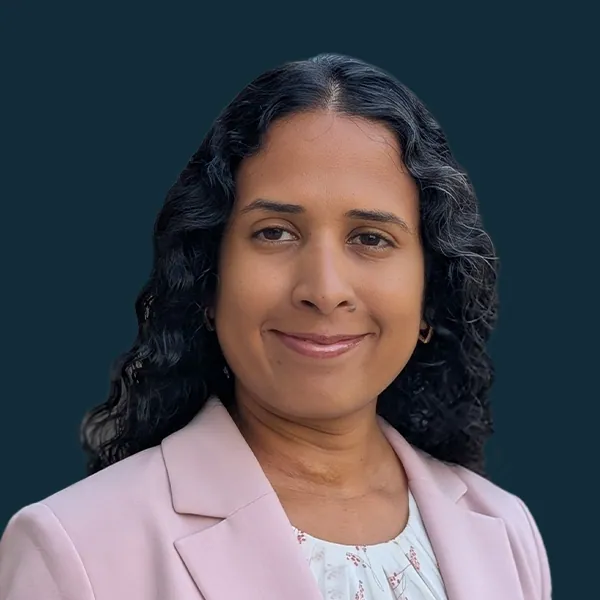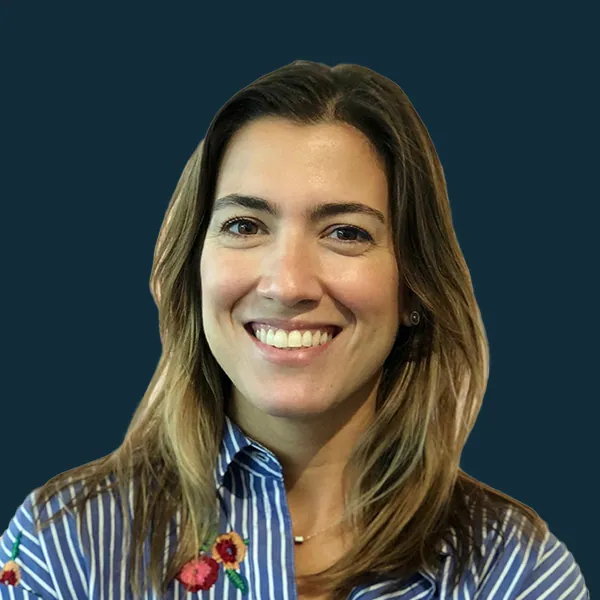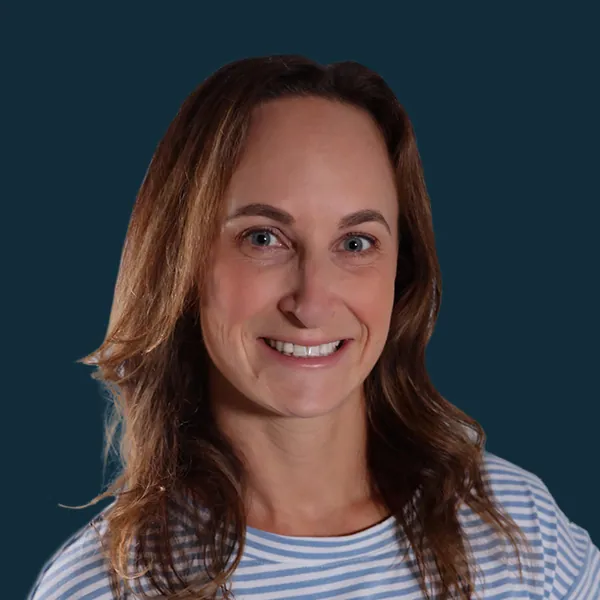About Plastic Bank
Plastic Bank is a social fintech with a global bottle deposit program that helps end poverty and stops plastic pollution.





Gathering for prosperity
When put in action, Plastic Bank’s mission:

Regenerates the environment by gathering plastic

Helps communities pave their paths out of poverty by exchanging it for money

Empowers businesses to create impact and grow with the purpose economy

Our story
The story of Plastic Bank began on May 9, 2013, when our Founder and CEO, David Katz, envisioned a world where discarded plastic could drive positive change.
David understood that most plastic waste leaking into our environment comes from areas of poverty. To solve pollution, he had to look upstream and help end poverty. He started by launching the first Plastic Bank branch in Haiti. What began as a bold idea is now a reality that empowers underserved communities across Indonesia, the Philippines, Brazil, Egypt, Thailand, and Cameroon to transform plastic waste into currency, providing income and social benefits.
“I think the real gift of that day was the realization that I didn’t need to create Plastic Bank. I needed to become the person who could. It was really a spiritual day of awakening for me. There was a still, quiet voice, unattached to outcome and meaning. It was a space that said: You can become the person who makes a change in the world.”
– David Katz, on the moment he conceived Plastic Bank.
Featured On
Our global impact
We’re solving poverty and plastic pollution with one transformative idea: plastic as money.
Learn our origins from our founder David Katz at the TED event in 2018

Why are you called
Plastic Bank?
We reveal the true economic value of plastic, making it too valuable to be left in the environment. In doing so, we’ve created a system for plastic exchange similar to any other currency exchange. Our PlasticBank® app uses fintech and blockchain technology to securely execute plastic transactions. The app’s digital wallet is often the first savings account that our members own. For those reasons, we call ourselves Plastic Bank.
Is Plastic Bank a
non-profit?
We are a for-profit social fintech. We re-invest the majority of our profits into our collection benefits, development and maintenance of recycling infrastructure, and technology development for material traceability for a greater social, environmental, and economic impact.
Leading our mission
Join the global bottle deposit program and start with:
Recover your first
50 bottles for free
- 50 bottles recovered from Bali, Indonesia
- Certificate of proof in your name
- Additional free resources in account
Become a program member:
Make an impact
every month
- Live impact tracking and self-updating certificate
- Collector stories from the locations you’ve funded
- Access to all premium impact account features














